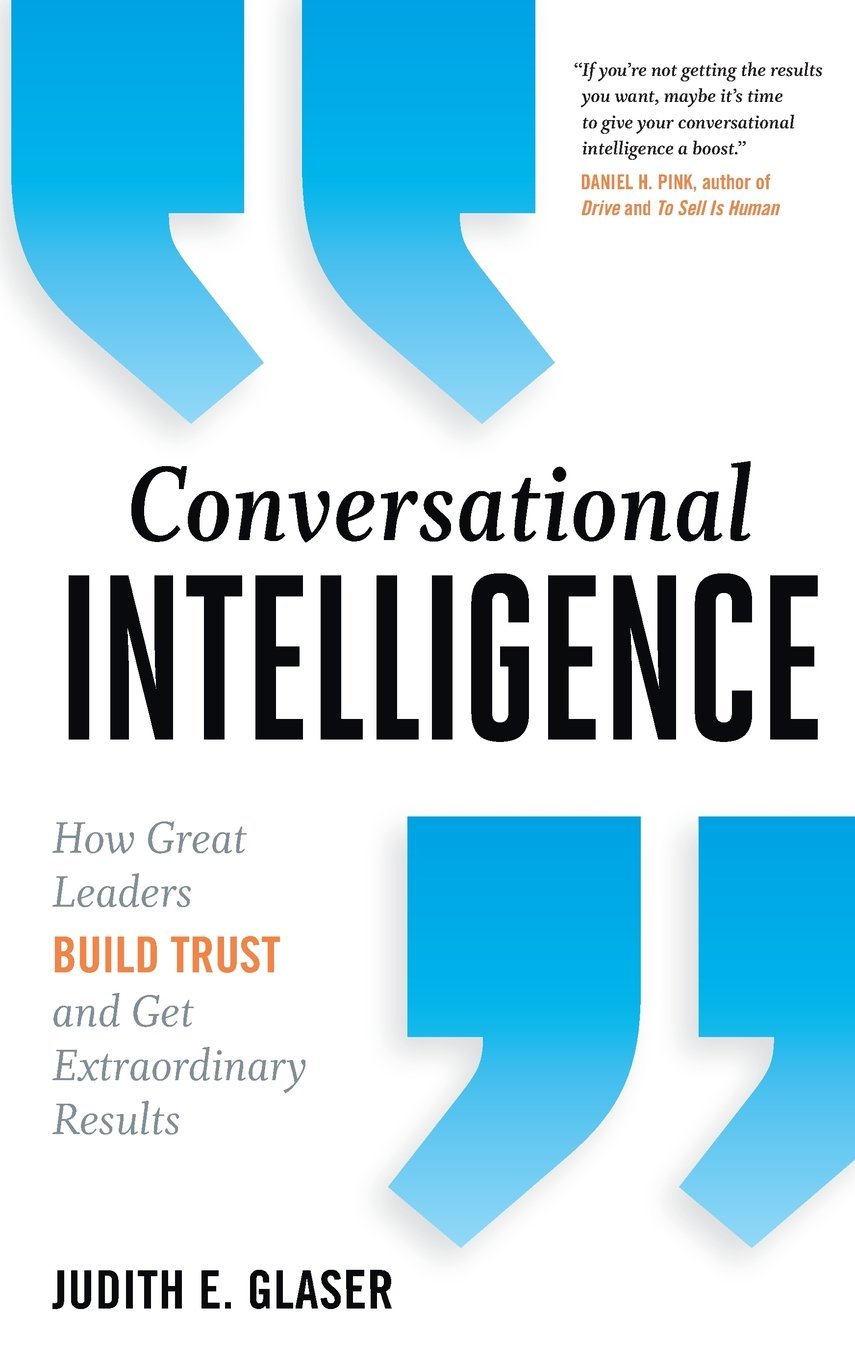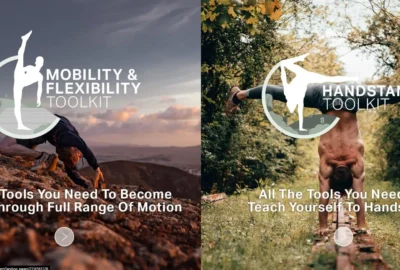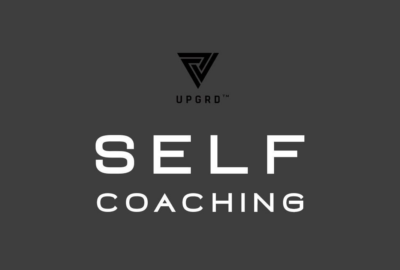
Judith Glasser - Conversational Intelligence for Coaches 2017
Establishing trust as a leader comes first in we-centric leadership
Establishing a high level of trust in relationships is a foundational necessity for any leader. Without trust, leaders have very little ability to influence actions of others and lead to extraordinary results.
We know that intelligence is an important characteristic of successful leaders, but does intelligence alone create enough trust? While we have seen the importance of emotional intelligence, personality intelligence, and even character intelligence, none of them have the impact on trust that conversational intelligence has.
All of those previously mentioned types of intelligence are "inward-facing"—meaning the leader reflects on their style and strengths and how those traits show up in a leadership philosophy. As important as they are for self-awareness, they are leader-centric and often diminish the all-important connections and relationships that those leaders have.
This is where the philosophy of conversational intelligence stands out: it is “the hardwired ability in all humans to connect, engage, and navigate with others.” In other words, it is different from other types of intelligence because it is less “I-centric” and more “we-centric.”
Judith E. Glaser, an American academic, business executive, and organizational anthropologist, originally started the conversation on conversational intelligence with her best-seller Conversational Intelligence: How Great Leaders Build Trust and Get Extraordinary Results*.
Conversational intelligence is a collaborative ability, which thrives in the more collaborative world of work today, especially with a growing millennial workforce driven more opportunities to express thoughts, observations, and opinions. A leader with a higher conversational intelligence quotient can raise the level of personal relationships as well as the teams and organizations they are a part of. In other words, this leader works to Enlist Others more successfully.
The work around conversational intelligence has been comprehensive and directly correlates to work we do with coaching.
In coaching, the intent is to help the coachee realize his or her potential and find his or her way guided by the coach asking sharply focused questions. These questions are designed to help the coachee reflect and determine the best path (or paths). The conversation is typically focused on the leader-coach asking thoughtful questions — lots of them —to help the coachee discover for themselves.
According to Glaser, this is "We-centric" leadership, not "I-centric" like the other intelligences. This style of leadership leads to a higher level of understanding, deeper empathy for each other, a binding level of trust, and a commitment to action that leads to better results than the sum of its parts.
How should leaders begin using these conversational intelligence skills?
Start by paying more attention to the types of conversations that are happening and discerning the types of conversations that are suited for certain situations:
Level One: At this level, conversations are basic and transactional, allowing low-level information to be shared.
Level Two: This is where "positional conversations" happen; one party has a strong voice and point of view and workw with others to influence them or help them accept this point of view.
Level Three: This is where collaboration with others occurs to transform and shape reality together by "co-creating conversations." These are the highest form of conversations that lead to extraordinary, transformational conversations with others.
Conversational intelligence allows us to connect, engage, and navigate with others. It is the single and most important intelligence that gets better when we do it together. Having conversational intelligence creates an environment and a level of trust that can lead to the achievement of extraordinary results.
If this Author or Course helped you improve your life. It is really worth it if you go and buy his/her course. Get feedback, support and help by his/her community. The Author support is much more valuable than the course itself.


